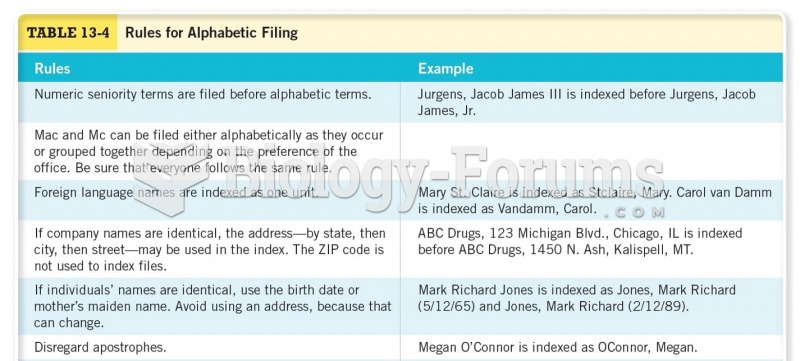Answer to Question 1
Paralegals are regulated indirectly, rather than directly, and in several ways. The ethical codes for attorneys indirectly regulate the conduct of paralegals. Additionally, paralegal conduct is regulated indirectly by standards and guidelines created by paralegal professional groups, as well as guidelines for the utilization of paralegals developed by the American Bar Association and various states.
The two major national paralegal associations in the United States, NFPA and NALA, were formed to define and represent paralegal professional interests on a national level. Shortly after they were formed, both of these associations adopted codes of ethics defining the ethical responsibilities of paralegals. In 1977, NFPA adopted its first code of ethics, called the Affirmation of Responsibility. The code has since been revised several times, and its current title is the Model Code of Ethics and Professional Responsibility and Guidelines for Enforcement. In 1975, NALA issued its Code of Ethics and Professional Responsibility, which, like NFPA's code, has since undergone several revisions.
Paralegal codes of ethics state the ethical responsibilities of paralegals generally, but they particularly apply to members of paralegal organizations that have adopted the codes. Any paralegal who is a member of an organization that has adopted one of these codes is expected to comply with the code's requirements. Compliance with these codes is not legally mandatory. In other words, if a paralegal does not abide by a particular ethical standard of a paralegal association's code of ethics, the association cannot initiate state-sanctioned disciplinary proceedings against the paralegal. The association can, however, expel the paralegal from the association, which may have significant implications for the paralegal's future career opportunities.
Answer to Question 2
The attorney-client privilege comes into existence the moment a client communicates with an attorney concerning a legal matter. The privilege and thus
the duty of confidentialityaris es even if the lawyer decides not to represent the client and even when the client is not charged any fee.
The client is the holder, or owner, of the privilege, and only the client can waive (set aside) the privilege. Unless waived by the client, the privilege lasts indefinitely. In other words, the privilege continues even though the attorney has completed the client's legal matter and is no longer working on the case.
Privileged information is confidential information. If such information is disclosed to others, it is no longer confidential and can no longer be considered privileged information. This is another reason why it is so important to guard against accidental violations of the confidentiality rule: If the rule is violated, information that otherwise might have been protected by the attorney-client privilege can be used in court, which may be harmful to the client's interests.







